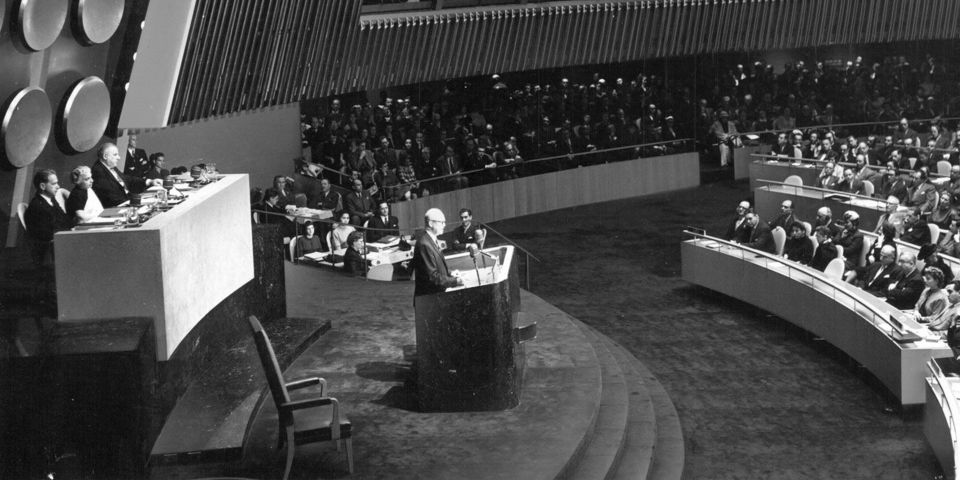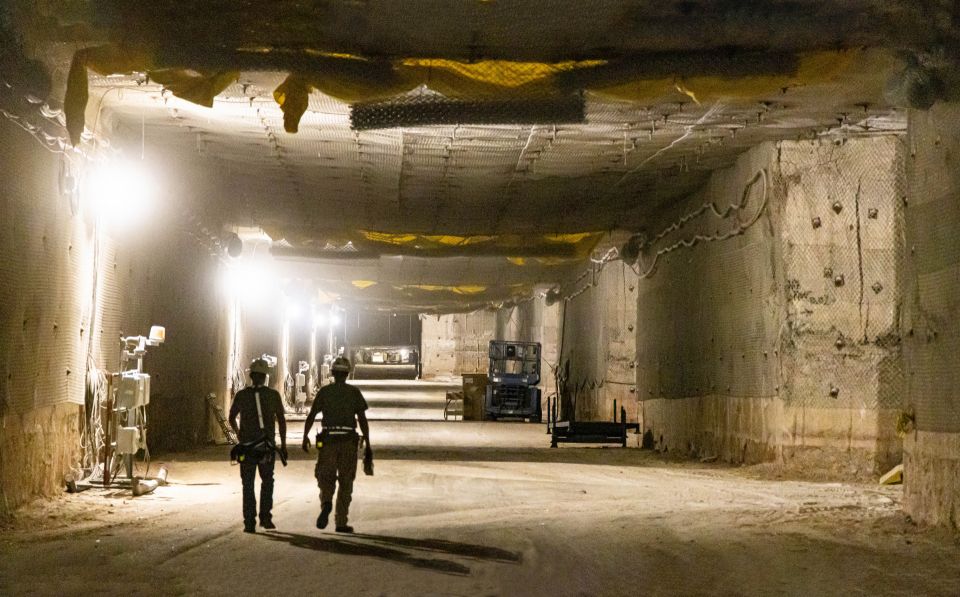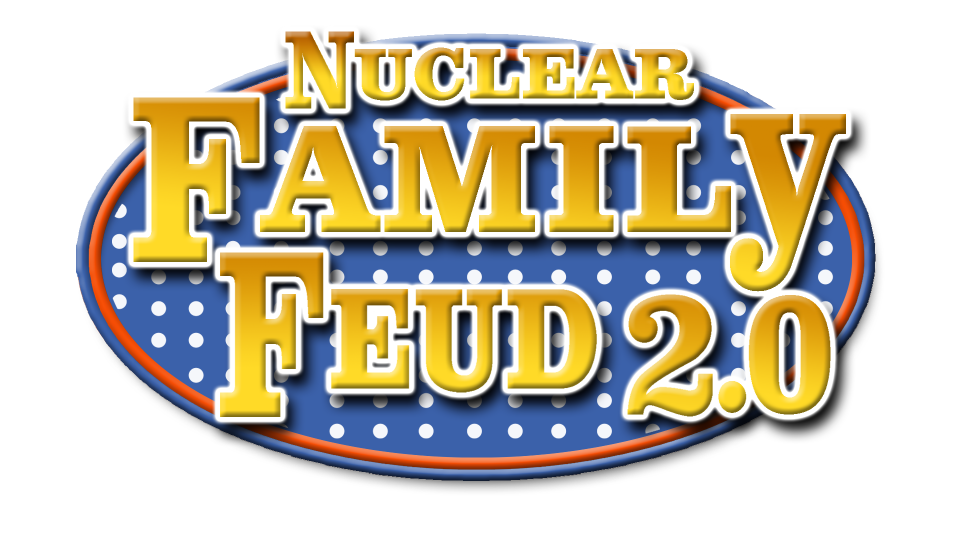Within the Young Blood panel and beyond, mentorship was a main theme of conversation. Questions about the effectiveness of current mentoring programs in the private sector, as well as in ANS, were met with some ambivalence. While a few good experiences were shared, a number of suggestions for areas of improvement were also expressed. It seemed that successful pairing between mentors and mentees was the primary stumbling block for most programs. Some of the panelists had been lucky with mentors found through their institution's mentoring program, but most seemed to have had stronger positive experiences with mentors they discovered more organically.
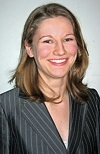 Reflecting on her experience as a member of the Young Blood panel, senior engineer Rachel Slaybaugh (right) shared an unexpected sentiment with her peers. She said, "The biggest thing I learned is that everyone wanted to feel like their work was valued and valuable. I knew I felt that way, but the consistency of that message was strong across the panel."
Reflecting on her experience as a member of the Young Blood panel, senior engineer Rachel Slaybaugh (right) shared an unexpected sentiment with her peers. She said, "The biggest thing I learned is that everyone wanted to feel like their work was valued and valuable. I knew I felt that way, but the consistency of that message was strong across the panel."
"That idea," she said, "can be incorporated by management in a variety of ways, such as explaining the rationale behind and impact of work assignments." She suggested that positive as well as negative feedback could contribute, suggesting that institutions would do well by "ensuring employees get credit for their hard work at higher levels, communicating larger company decisions and initiatives, and explaining 'how you fit' into those." She heard many of her peers valued knowing how their work contributed to the broader goals of the organization and she suggested that employees, employers, and mentors should, "Keep revisiting the conversation to ensure everyone is still on the same page as their careers evolve."
As ANS, the private sector, the national labs, and academia seek to retain and integrate new members, employees, and researchers, Rachel's simple suggestion is likely to serve everyone well: "Keep revisiting the conversation!"
___________________________
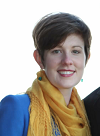 Katy Huff is a PhD candidate in nuclear engineering at the University of Wisconsin-Madison and a laboratory graduate appointee at Argonne National Laboratory working on computational fuel cycle analysis. She currently develops Cyder, a nuclear waste disposal system model, and the Cyclus next generation fuel cycle simulator.
Katy Huff is a PhD candidate in nuclear engineering at the University of Wisconsin-Madison and a laboratory graduate appointee at Argonne National Laboratory working on computational fuel cycle analysis. She currently develops Cyder, a nuclear waste disposal system model, and the Cyclus next generation fuel cycle simulator.
 The needs of the young generation were discussed at length at this year's ANS Annual Meeting. Conversations took place at the Young Members Group meeting, student events, and most notably, the "Young Blood-Integration and Retention of the Next Generation" panel sponsored by the ANS Operations and Power Division (OPD), organized by Gale Hauck. This panel included nearly a dozen young members in academia, the U.S. national laboratories, and the private sector who shared a number of their unique experiences and needs as new faces in the nuclear field.
The needs of the young generation were discussed at length at this year's ANS Annual Meeting. Conversations took place at the Young Members Group meeting, student events, and most notably, the "Young Blood-Integration and Retention of the Next Generation" panel sponsored by the ANS Operations and Power Division (OPD), organized by Gale Hauck. This panel included nearly a dozen young members in academia, the U.S. national laboratories, and the private sector who shared a number of their unique experiences and needs as new faces in the nuclear field.

 Reflecting on her experience as a member of the Young Blood panel, senior engineer Rachel Slaybaugh (right) shared an unexpected sentiment with her peers. She said, "The biggest thing I learned is that everyone wanted to feel like their work was valued and valuable. I knew I felt that way, but the consistency of that message was strong across the panel."
Reflecting on her experience as a member of the Young Blood panel, senior engineer Rachel Slaybaugh (right) shared an unexpected sentiment with her peers. She said, "The biggest thing I learned is that everyone wanted to feel like their work was valued and valuable. I knew I felt that way, but the consistency of that message was strong across the panel." Katy Huff is a PhD candidate in nuclear engineering at the University of Wisconsin-Madison and a laboratory graduate appointee at Argonne National Laboratory working on computational fuel cycle analysis. She currently develops Cyder, a nuclear waste disposal system model, and the Cyclus next generation fuel cycle simulator.
Katy Huff is a PhD candidate in nuclear engineering at the University of Wisconsin-Madison and a laboratory graduate appointee at Argonne National Laboratory working on computational fuel cycle analysis. She currently develops Cyder, a nuclear waste disposal system model, and the Cyclus next generation fuel cycle simulator.